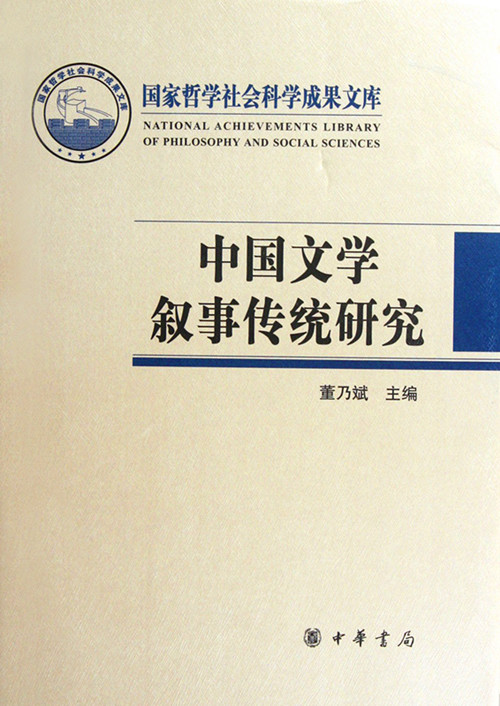Narrative Studies on Chinese Literature

The much anticipated Narrative Studies on Chinese Literature was finally published by Zhonghua Book Company in June 2012. Shanghai University Professor and Ph.D. advisor Dong Naibin edited the volume.
Tackling a subject as broad and theory-laden as the title suggests is certainly an arduous task even for the most erudite scholar. However, Dong was uniquely qualified. His literary history research experience dates to his studies on the Tang Dynasty Poet Li Shangyin in the early 1990s. Moving to broader questions, he published an incredibly timely book on the emergence of the novel in Chinese literary history. Independence of the Literary Form of the Classical Chinese Novel explores the development of different types of narrative through various stages and styles. The basis for Narrative Studies on Chinese Literature was Dong’s idea that literary history and the history of narrative combined would yield fruitful results.
Dong Naibin uses a well-balanced approach, constructing an understanding of narrative tradition both with reference to the important works of narrative and literary theory in classical Chinese intellectual history, and the original literary works themselves. For the former, he devotes a chapter to deducing essential narrative features from The Literary Mind and the Carving of Dragons, a 5th-century work on aesthetics based on the Yijing, and Shitong (“generalities of historiography”), a 7th-century work detailing the methods and principles of recording history. His textual analysis of the latter is rigorous and ambitious: he breaks down the structure of works at a deep level, instituting a long range view of narrative elements over time and deciphering the position of hidden elements within the texts.
“Dong’s research on Narrative Tradition,” wrote Dr. Zhong Zhixiang, from Shanghai University, “on the one hand, extends the analysis word by word to verify the continuity of the long history of narrative traditions in Chinese literature, from ancient to modern times. On the other hand, it investigates a variety of literary forms—historical biographies, epics, poems, essays, operas—to reveal the omnipresence of narrative in any form of textual and oral transmission.”
Dr. Zhong further noted that Dong’s proposal of narrative traditions should not be viewed as an attempt to overturn or take the place of lyrical traditions in Chinese literature, but rather to enrich and update the understanding of Chinese literary history. “Dong ultimately respects the truth, and insists on the symbiotic and complementary relationship between narrative and lyrical traditions,” Zhong expressed. “Narrative Studies on Chinese Literature will undoubtedly exert an inspiring and positive influence on future generations of scholarship.”
The Chinese version appeared in Chinese Social Sciences Today, No. 463, Jun. 17, 2013
Translated by Zhang Mengying
